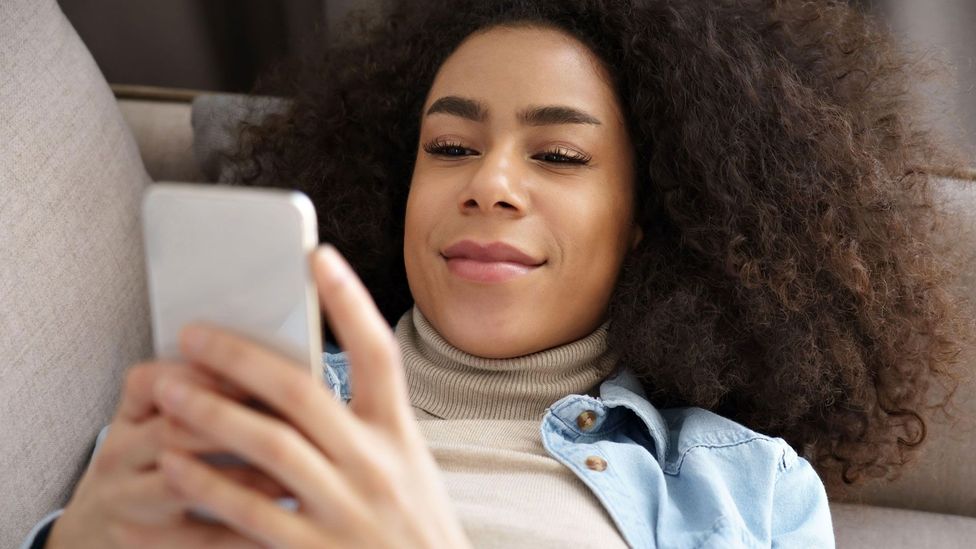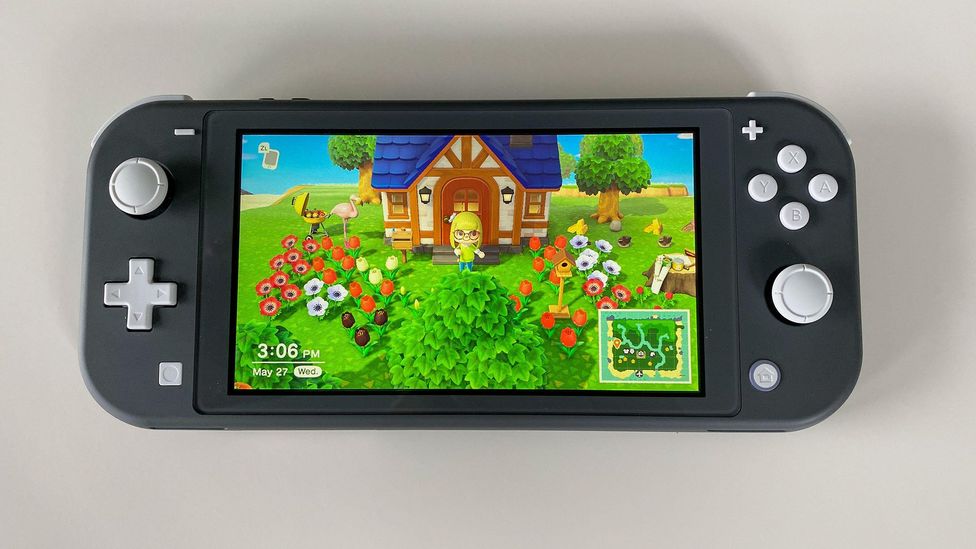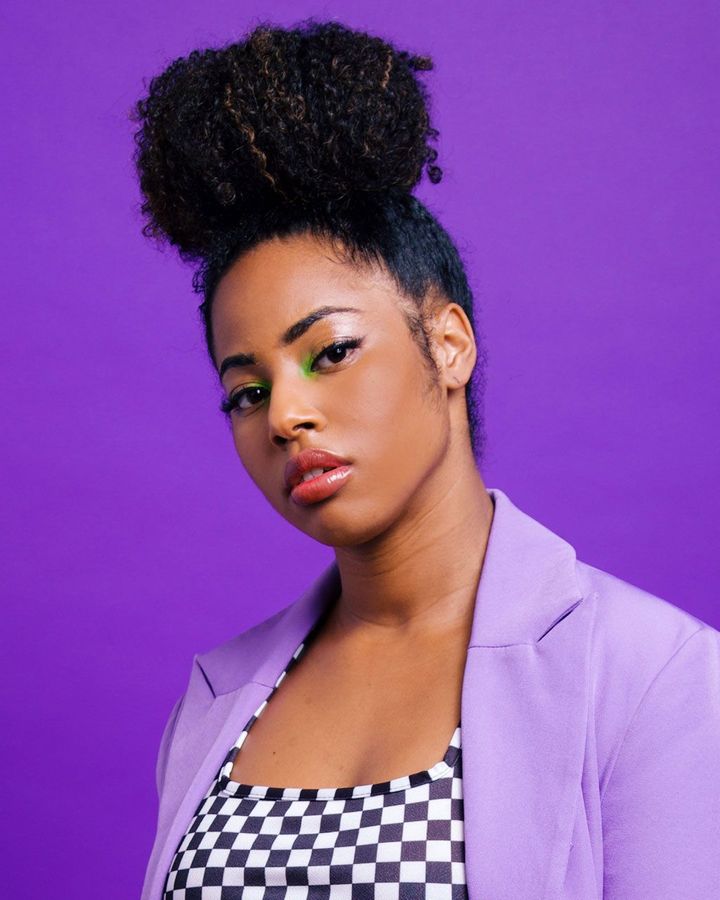How Online Gaming Has Become A Social Lifeline - Romeo C.
98% of our viewers skip through this, but we're looking for you to make a difference to us, even if your donation is only a cent. If Articles 101 has provided you with 2$ of helpful information, we beg you to please donate to us to help us achieve our goal of reaching out our articles to worldwide countries. We are also trying to achieve advertisements to inform even more people on true facts and fun articles, so you can also share our blog. Please donate to us if you have enjoyed reading articles from us.
“Our entire lives have led up to this,” my friends joked with me in mid-March.
I was sitting in my tiny New York City apartment, panicky and coming to terms with the reality that I’d be trapped inside for weeks, potentially months. But my friends reassured me that as lifelong video game enthusiasts, the prospect of sitting on a sofa in front of a TV for an interminable stretch would be a cakewalk. After all, gamers like me do already spend plenty of time in front of our screens all on our own.
But even sitting alone for hours, gamers aren’t necessarily isolated. In many cases, far from it. With the rise of social media, gamers – particularly in Gen Z – have perfected the art of building communities in and around video games. Gamers don’t just compete with strangers on the internet, but forge genuine, enduring friendships.
In this age of long-haul social distancing and mental-health strains, gamers have long had a tool that’s now bringing some relief to those who’ve never picked up a controller before. The explosive growth of gaming during the pandemic has shown that many have found a new outlet for much-needed connection in isolation.
When shelter-in-place orders came down, millions of people around the world turned to tech-fuelled diversions to stay in touch with family and friends, like Netflix Party film viewings, Zoom chats and video games.
There’s the outer-space saboteur mobile game Among Us (which 100 million people have downloaded); and the Jackbox games that mix video chatting and elements of classics like Pictionary, and that have acted as stand-ins for in-person happy hours. Perhaps the most well known is Animal Crossing: New Horizons. Released in March, Nintendo’s record-breaking Switch game that tripled the company’s profits drops players in a tiny tropical town filled with talking anthropomorphic animal neighbours who help them redecorate their home, catch butterflies and grow fruit trees.
Gaming has skyrocketed during the pandemic, reaching people who’d play every now and then, or even those who had previously snubbed it entirely. In the US alone, four out of five consumers in one survey played video games in the last six months, according to a new study by NPD, an American business-research firm. And at a time in which many industries are in dire straits, sales in gaming are booming. Global revenue is expected to jump 20% this year to $175bn (£130bn).
The explosive growth of gaming during the pandemic has shown that many have found a new outlet for much-need connection in isolation
But although the concept of socialisation in a game is new to many, video game enthusiasts have been using tech like this to build friendships online and stay connected for years.
Mark Griffiths is a professor at Nottingham Trent University who’s written about gaming friendships in the pandemic, and studied socialisation in video games for decades. In 2003, he published a study that showed a quarter of 11,000 players of the online role-playing game Everquest said their favourite part of the game was connecting with other players. He says the study was a direct and early contradiction of the stereotype that video games are isolating, and gamers antisocial (even though those early pandemic memes jokingly played off those stereotypes). In another study from 2007, he looked at 912 players of massively multiplayer online (MMO) role-playing games from 45 countries who played on average around 22 hours a week, concluding that the online game environment was “highly socially interactive”.
He says, “Ten percent of those in the survey actually ended up forming romantic relationships outside of the game... The idea of socialising in a game is not new at all.” Fast forward to 2020, and Griffiths says that when lockdowns began and people had nothing much to do, “maybe they’re gaming for the first time, and they realised this was an outlet you can naturally socialise in”.
For example, in Animal Crossing, players can visit the towns of both real-life friends or strangers who share their village code online. Flying on a virtual seaplane into my brother’s village, filled with friendly koalas, has become our 2020 ritual as he continues to isolate from Washington, DC, and we miss family holidays. I also visit friends scattered all over the world, including one from secondary school whom I haven’t seen since 2000.
Some people have held their birthday parties via Animal Crossing this year, others go on dates and some couples who cancelled their weddings because of Covid-19 have even gotten married in the game. There’s also an online fan-made marketplace where players connect to trade fruits and rare furniture, called Nookazon. The site hosts trivia nights and chat meetups for Animal Crossing players.
The pandemic “really opened a lot of people’s eyes – even non-gamers – to what games can do to bring people together,” says Daniel Luu, the founder of Nookazon, who’s a software developer and an active gamer based in Washington, DC. He says one of his site’s most popular top sellers is a 50-year-old woman who’s “never played video games in her entire life”. “I think the reason Animal Crossing has become so successful is because anyone can play it. There are tons of cute items, tons of fun characters, tons of customisations,” he says. “It really helped show that video games aren’t just all, like, Call of Duty.”
Maybe they’re gaming for the first time, and they realised this was an outlet you can naturally socialise in – Mark Griffiths
Lin Zhu is a graduate student in psychology at the University of Albany in New York. In September, she wrote a paper on Animal Crossing and the pandemic, published in the journal Human Behavior and Emerging Technologies. Zhu says Animal Crossing in particular provides laid-back escapism and soothing feelings of safety in these turbulent times – which has helped bring new gamers into the hobby. “The pandemic has not only reduced face-to-face communication opportunities, but also allowed more people to learn about games as a novel platform to get social interaction.”
Amazon-owned Twitch, where people watch other people play video games in live webcasts, chatting in real time with the streamer and other viewers, clocked five billion hours of viewed content in the second quarter of 2020 alone. The engagement is an 83% increase from last year. It's a new record.
“This is what we have been doing for years,” says Erin Wayne, the company's director of community and creator marketing. She started out as a streamer on the site herself playing the best-selling game of all time, Minecraft. It's he same game in which an elementary school in Japan held a virtual graduation in lieu of an in-person ceremony because of Covid-19. She says the basic model of connecting gamers with streamers “hasn't changed because of Covid”.
Wayne adds as Twitch has become more popular, it’s expanded its platform beyond gamers, especially during social-distancing restrictions in 2020. Book authors are hosting book launches, musicians are holding concerts and even drag queens are putting on shows, all following the gamer-streamer model. There are also new communities of gamers that have formed on the site, including LGBTQ gamers and gamers who’ve served in the armed forces.
Like many communities, gaming has its share of toxicity and hostility. But when Jay-Ann Lopez, a London-based gamer, launched a closed Facebook group in 2015 called Black Girl Gamers as a safe and inclusive space in the face of racism and sexism in the gaming community, she was able to build a vibrant community that’s since grown across platforms like Twitch. This summer, it even hosted a summit of entirely black female professionals in the industry, which has long been dominated by white men.
Lopez says that games have helped old and new players alike “keep connected, social and sane” during the pandemic. “For a long time, people have either looked down on that or called gamers ‘weird’, but now people and companies want to know how to maintain relationships and communities digitally. It's more accessible for people.”
So, although more people staring at a screen may seem like an unhealthy habit, even the World Health Organization believes it could be key in nurturing our bonds with others. Earlier this year, it launched #PlayApartTogether. And as mental health professionals stress the importance of relationships, connections and community in these times, they’re even beginning to find direct psychological and social benefits from gaming across the generations.
As the pandemic rolls on and millions around the world face months of social isolation, gaming continues to be a surprising lifeline. Those new players may keep on gaming even after they’re allowed to socialise in person, too. A Google survey showed that 40% of new gamers say they’re likely to continue playing video games after the pandemic.
“Now it’s just been brought into the mainstream. A lot more people have realised what it can do – gaming bringing communities together has always been there,” says Nookazon’s Luu. “It’s been there for years.”



Comments
Post a Comment